Injection Molding Service
Experience seamless Injection Molding Services tailored to your needs. Precision engineering, quality assurance, and efficient production processes ensure excellence at every step.
Injection Molding
What is Injection Molding?
Injection molding is a manufacturing process used to produce parts by injecting molten material into a mold. This process is commonly used for producing plastic parts, but it can also be used with metals, glass, and other materials. Injection molding offers high efficiency, accuracy, and versatility in creating complex shapes with consistent quality.
Precision Injection Mold Manufacturing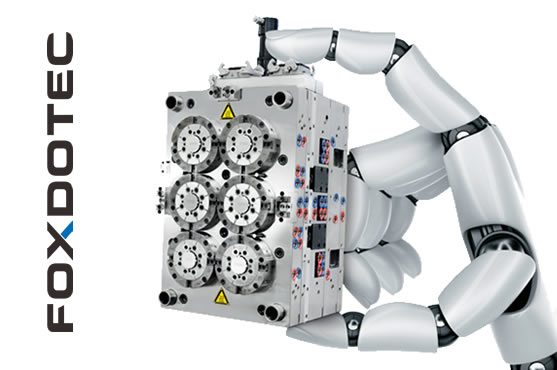
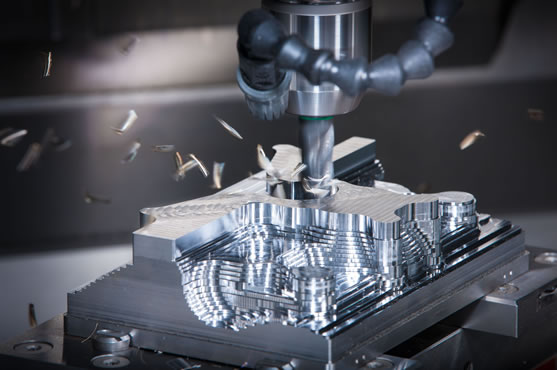
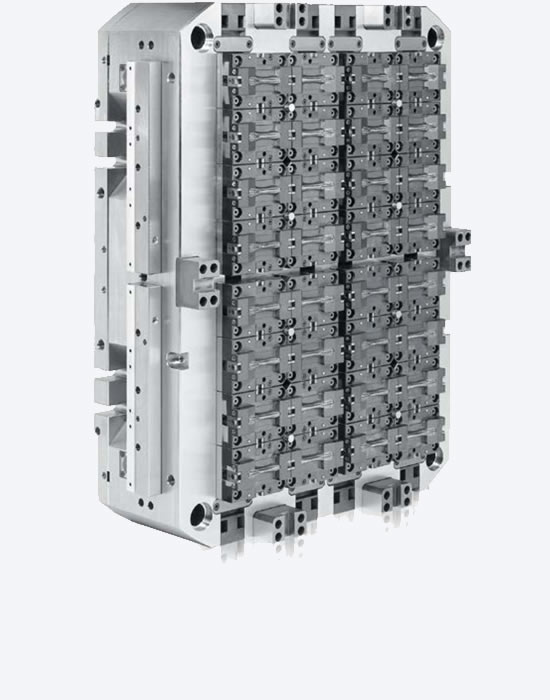
What is the process of Injection Molding?
Injection Molding Process
- Clamping: The mold, consisting of two halves (the stationary side and the movable side), is securely closed by the clamping unit of the injection molding machine.
- Injection: Molten material, typically plastic pellets, is fed into the injection molding machine's hopper. The material is then heated to a specified temperature and injected into the mold cavity under high pressure through a nozzle and runner system.
- Pack and Hold: After the mold cavity is filled with molten material, the machine applies additional pressure to pack the material tightly and compensate for shrinkage as it cools. This step is known as the pack and hold phase.
- Cooling: The molten material inside the mold cavity is allowed to cool and solidify. Cooling can be accelerated using water channels within the mold or other cooling methods.
- Opening: Once the material has solidified, the clamping unit of the injection molding machine opens the mold, separating the two halves.
- Ejection: The finished part is ejected from the mold cavity by ejector pins or other mechanisms. It is then collected for further processing or inspection.
- Closing: The mold halves are closed again, and the injection molding machine is ready for the next cycle.
This process repeats continuously, allowing for high-volume production of plastic parts with precision and consistency.
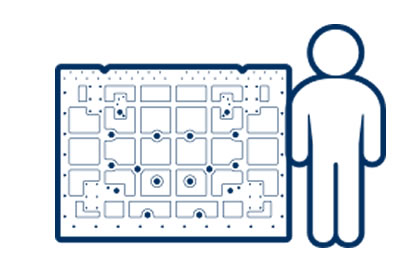
CNC Machining
CNC machining is a computer-controlled manufacturing process that utilizes pre-programmed software to dictate the movement of machinery and tools. This technology enables the precise cutting, drilling, and shaping of materials such as metal, plastic, and wood to create intricate components with high accuracy and consistency.
Read More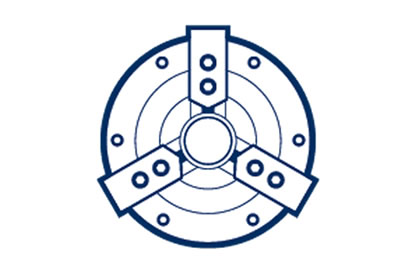
Precision Grinding
Precision grinding is a manufacturing process that involves the removal of material using abrasives to achieve extremely tight tolerances and surface finishes. used to produce components with intricate shapes, precise dimensions, and smooth surfaces. Precision grinding techniques include cylindrical grinding, surface grinding, and internal grinding.
Read More
Electrical Discharge Machining
Electrical Discharge Machining (EDM) is a non-traditional machining process that utilizes electrical discharges to erode material from a workpiece. It is particularly useful for machining complex shapes and hardened materials that are difficult to machine with conventional methods. EDM can achieve high precision and surface quality.
Read MorePrecision machining and manufacturing involve the use of advanced techniques and equipment to produce highly accurate and intricate components with tight tolerances. It requires expertise in machining processes, material properties, and quality control methods to ensure the production of high-quality parts for various industries.
Key Aspects of Understanding Injection Molds
- Design Principles: Understand the principles of injection mold design, including considerations for part geometry, material flow, cooling, and ejection.
- Materials and Construction: Explore the materials commonly used in injection mold construction, such as tool steel, aluminum, and beryllium copper.
- Manufacturing Techniques: Gain insights into the manufacturing processes used to produce injection molds, including machining, EDM, and CNC milling.
- Mold Maintenance and Repair: Learn about the importance of mold maintenance and preventive maintenance schedules to ensure the longevity and performance of injection molds.
- Tooling Standards and Regulations: Familiarize yourself with industry standards and regulations related to injection mold design and manufacturing.
- Advanced Technologies: Stay informed about advancements in injection mold technology, such as rapid prototyping, additive manufacturing (3D printing), and simulation software.
- Cost Considerations: Gain insights into the cost factors associated with injection mold production and learn about strategies for cost optimization.
- Case Studies and Best Practices: Study real-world examples of successful injection mold projects across various industries.
Key Aspects of Understanding Precision Machining
- Processes and Techniques: Explore the various precision machining processes and techniques, including turning, milling, drilling, grinding, electrical discharge machining (EDM), and others.
- Materials: Learn about the different types of materials commonly machined using precision techniques, such as metals (e.g., aluminum, steel, titanium), plastics, ceramics, and composites.
- Tooling and Equipment: Familiarize yourself with the cutting tools, machine tools, and equipment used in precision machining.
- Tolerances and Metrology: Gain insights into tolerance requirements and metrology techniques used to measure and verify part dimensions and surface characteristics.
- Design for Manufacturing (DFM): Explore principles of design for manufacturability (DFM) and how they apply to precision machining.
- Quality Assurance: Understand quality control measures and inspection techniques used in precision machining.
- Applications and Industries: Explore the diverse applications of precision machining across industries such as aerospace, automotive, medical, electronics, and tooling.
- Advanced Technologies: Stay informed about advancements in precision machining technology, including automation, robotics, additive manufacturing (3D printing), and advanced materials.
Precision machining and mold technical documents
Other Downloads
- Technical Parameter 3.9 MB
- Technical Drawing 1.8 MB
